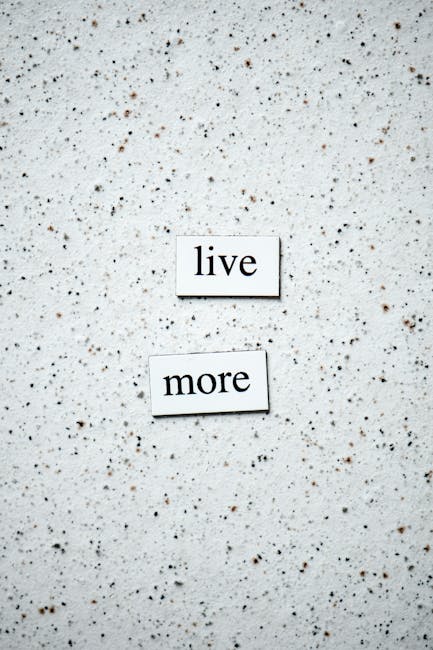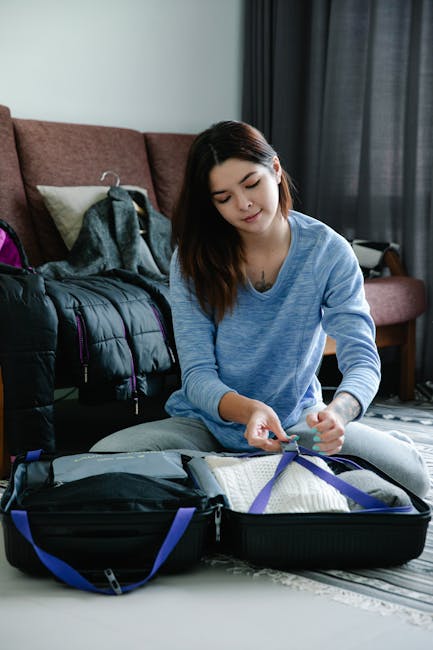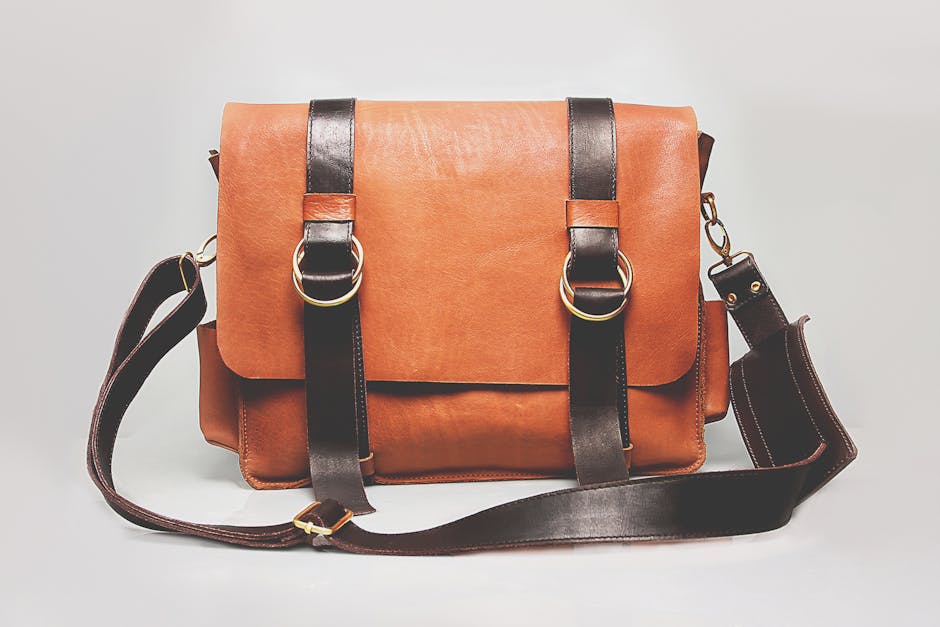Minimalism as a Lifestyle: Why Clean Design is More Than Just an Aesthetic Choice
Introduction
Minimalism has transcended its roots in art and design to become a powerful lifestyle choice for individuals seeking greater clarity, purpose, and freedom. It’s more than just decluttering or adopting a particular aesthetic; it’s a conscious decision to prioritize experiences, relationships, and personal growth over material possessions. This article explores the profound impact of minimalism on various aspects of life, demonstrating why it’s a philosophy with far-reaching benefits.
The Core Principles of Minimalist Living
Defining Minimalism: Beyond the Empty Room
Minimalism isn’t about deprivation; it’s about intentionality. It’s about identifying what truly adds value to your life and eliminating everything else. This means different things to different people. For some, it’s a radical downsizing; for others, it’s a more subtle shift in consumption habits.
Key Elements of a Minimalist Lifestyle:
- Intentional Consumption: Making conscious decisions about what you bring into your life.
- Decluttering: Regularly removing items that no longer serve a purpose.
- Quality over Quantity: Investing in fewer, higher-quality items that will last.
- Experiences over Things: Prioritizing travel, learning, and relationships over material possessions.
- Mindfulness: Being present and aware of your surroundings and possessions.
The Benefits of Embracing Minimalism
Mental Clarity and Reduced Stress
A cluttered environment often leads to a cluttered mind. Minimalism can help reduce stress and anxiety by creating a more peaceful and organized living space.
- Fewer distractions lead to increased focus.
- Simplified decision-making reduces mental fatigue.
- A sense of calm and control fosters emotional well-being.
Financial Freedom and Savings
By consciously reducing consumption, minimalists often find themselves with more money to save, invest, or pursue passions.
- Reduced impulse purchases.
- Lower maintenance and storage costs.
- Opportunity to pursue passions rather than chasing material wealth.
Environmental Responsibility
Minimalism encourages sustainable practices and reduces the environmental impact of consumerism.
- Less waste generation.
- Reduced demand for new products.
- Greater awareness of the environmental impact of purchases.
More Time and Energy for What Matters
Without the burden of managing and maintaining excessive possessions, minimalists can dedicate more time and energy to activities they truly enjoy.
- More time for hobbies, relationships, and personal growth.
- Less time spent cleaning, organizing, and shopping.
- Greater freedom to pursue meaningful experiences.
Implementing Minimalism in Your Life: Practical Tips
Start Small and Gradual
Don’t try to declutter your entire house in one day. Start with a single drawer, closet, or room and gradually work your way through your belongings.
The Marie Kondo Method
Ask yourself if each item “sparks joy.” If it doesn’t, thank it for its service and let it go.
One In, One Out Rule
For every new item you bring into your home, get rid of one old item.
Question Your Purchases
Before buying something new, ask yourself if you truly need it, if you’ll use it regularly, and if it aligns with your values.
Embrace Digital Minimalism
Declutter your digital life by unsubscribing from unnecessary emails, deleting unused apps, and limiting your social media consumption.
Conclusion
Minimalism is more than just a trend; it’s a powerful lifestyle choice that can lead to greater happiness, fulfillment, and freedom. By consciously reducing our consumption and focusing on what truly matters, we can create a more meaningful and intentional life. It’s about shifting the focus from having more to being more, and ultimately, living a life that is aligned with our values and aspirations. Embrace the principles of minimalism and discover the transformative power of less.














Post Comment